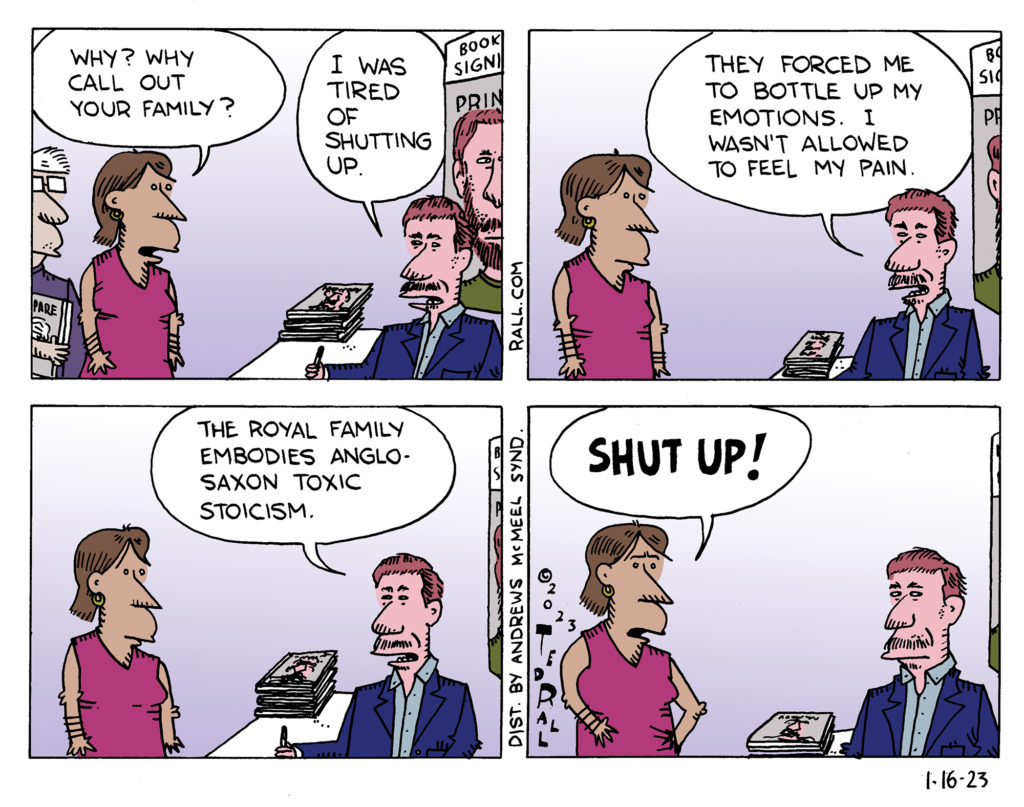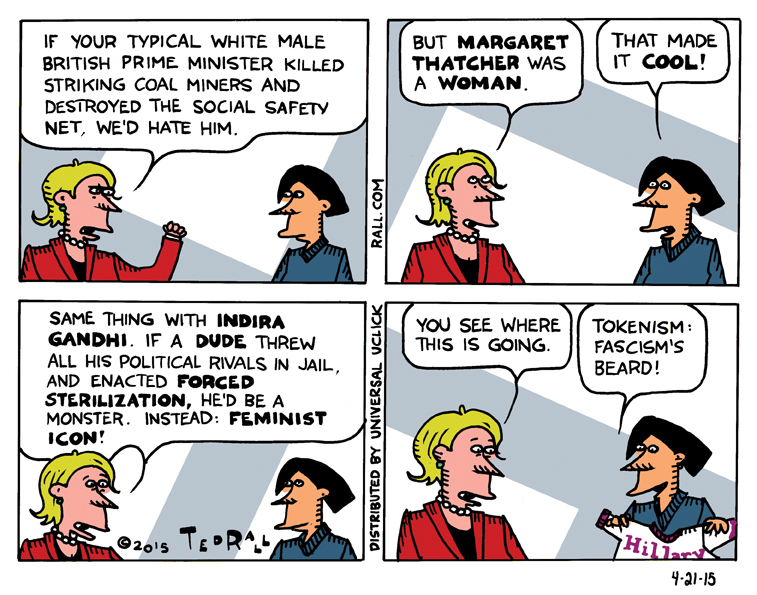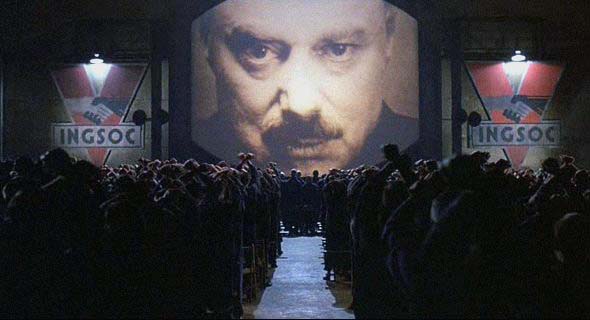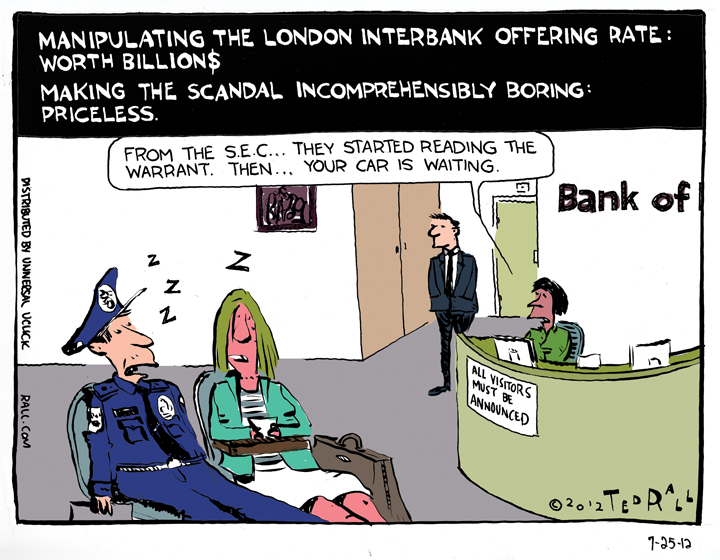
Visitors to Bath, England learn that the town’s namesake first-century spa deteriorated following the collapse of Roman authority in the fifth century. Unmaintained, the reservoir silted up and blocked the drainage system, burying the facility and surrounding buildings under yards of mud.
Trained by the Romans, the local English initially knew how to keep the baths running after their imperial masters returned to Italy. Habits changed; the English didn’t bathe as often as the Romans. Time passed and knowledge faded. Eventually, even if the locals had developed a hankering for a hot-water dunk, no one was left who would have been able to get the system working again. Basically, the English forgot what they knew.
The latest headline-making violent incident in New York City’s declining subway system, the choking death of Jordan Neely, a 30-year-old unhoused schizophrenic, at the hands of 24-year-old ex-Marine Daniel Penny, has me and other older New Yorkers pining for the New York City Transit Police.
Like the denizens of Bath, New York forgot the Transit Police.
From 1953 to 1995, the nation’s largest mass-transit system had its own police department, separate from the NYPD. By 1994, the force employed 4,500 uniformed and civilian members, making it the sixth-largest of any department in the United States. The 1974 version of “The Taking of Pelham 1-2-3” showcases the skills of the Transit Police, who were trained how to shut off third-rail power, conduct rescues of passengers trapped between stations and pursue suspects into tunnels, abandoned stations and subterranean emergency exits.
We don’t know exactly what went down before Penny subjected Neely to the 15-minute chokehold that ended his life. As a New Yorker who has ridden the subway for more than 40 years, however, I can attest to the fact that New Yorkers can’t get assistance of any kind when things go sideways on the subway.
You’re trapped in a narrow metal box a hundred feet below the street. Doors to the next cars are locked on most lines, including the one Neely and Penny were riding. There’s no call box in a New York subway car. Cellphones don’t work between stations. There’s no surveillance camera.
And no cops.
Never any cops.
’Twas not always so. The last time the subways were this dangerous and skeevy was in the 1980s: now there are more schizophrenic homeless people, back then there were more muggings. In the aggregate, the effect was the same: disquieting and anxiety-producing. But the Transit Police mitigated riders’ fears.
One or two transit policemen patrolled every train. They were a familiar sight, twirling their nightsticks as they gamboled from one car to the next. I’ll never forget the time a naked man sat next to me; a transit cop nearly walked past us before doing a double-take. “Yo,” the officer said, tapping Mr. Nude on his bare knee with his baton. “Forget something?”
The Transit Police deployed a sizeable number of undercover officers. One night I sat across from a young pregnant woman with a baby in a stroller. The crackle of a police radio emanated from somewhere beneath her clothes. Out came her badge and gun, she ditched her fake baby bump and stroller (the baby was a doll too) and off she went in search of glory and public safety. I’m not big on cops, but how could I fail to be impressed?
Citing redundancies and inefficiencies—the NYPD and Transit Police used different radio systems—then-Mayor Rudy Giuliani abolished the Transit Police and folded them into the NYPD. (His real motivation was consolidating his political power.) A new NYPD Transit Bureau was supposed to replace them; in real life, the police presence vanished from the subway system.
We need more details, but at this writing I agree with the district attorney’s decision to charge Penny with second-degree manslaughter. Neely didn’t touch anyone, including Penny. All Penny had to do was wait a minute, maybe three minutes, for the doors to open at the next station, and leave Neely to his rants. Restraining/choking him for 15 minutes cannot be justified.
At the same time, tragedies are inevitable in a situation where commuters are left unprotected, abandoned to their own judgement on subway cars that more often than not serve as rolling homeless shelters and lunatic asylums for the thousands of people our political class has determined do not deserve care. Neely was a victim. So, too, are the New Yorkers who deserve a safe, reliable trip from A to B for their $2.75 fare.
In an effort to make people feel safe, New York City Mayor Eric Adams has subway conductors announcing at each stop: “If you have any questions, concerns, reports, the NYPD is located at this station.” What a joke. Subway trouble is quick trouble—and it usually occurs on the train, not the station, as seen in the Neely-Penny confrontation. Stations, moreover, are big places, at least two full city blocks long with multiple entrances. Finding a cop is like hunting for a needle in a haystack.
There will always be crime and other problems in an urban subway system. But New York could go a long way toward making riders feel safer by bringing back the old Transit Police, with their officers patrolling each and every train, 24-7. Penny, for example, might not have maintained his chokehold of Neely had he known that his F train would pull into Broadway-Lafayette station and be boarded by a cop a minute later.
We have to unforget.
(Ted Rall (Twitter: @tedrall), the political cartoonist, columnist and graphic novelist, co-hosts the left-vs-right DMZ America podcast with fellow cartoonist Scott Stantis. You can support Ted’s hard-hitting political cartoons and columns and see his work first by sponsoring his work on Patreon.)

